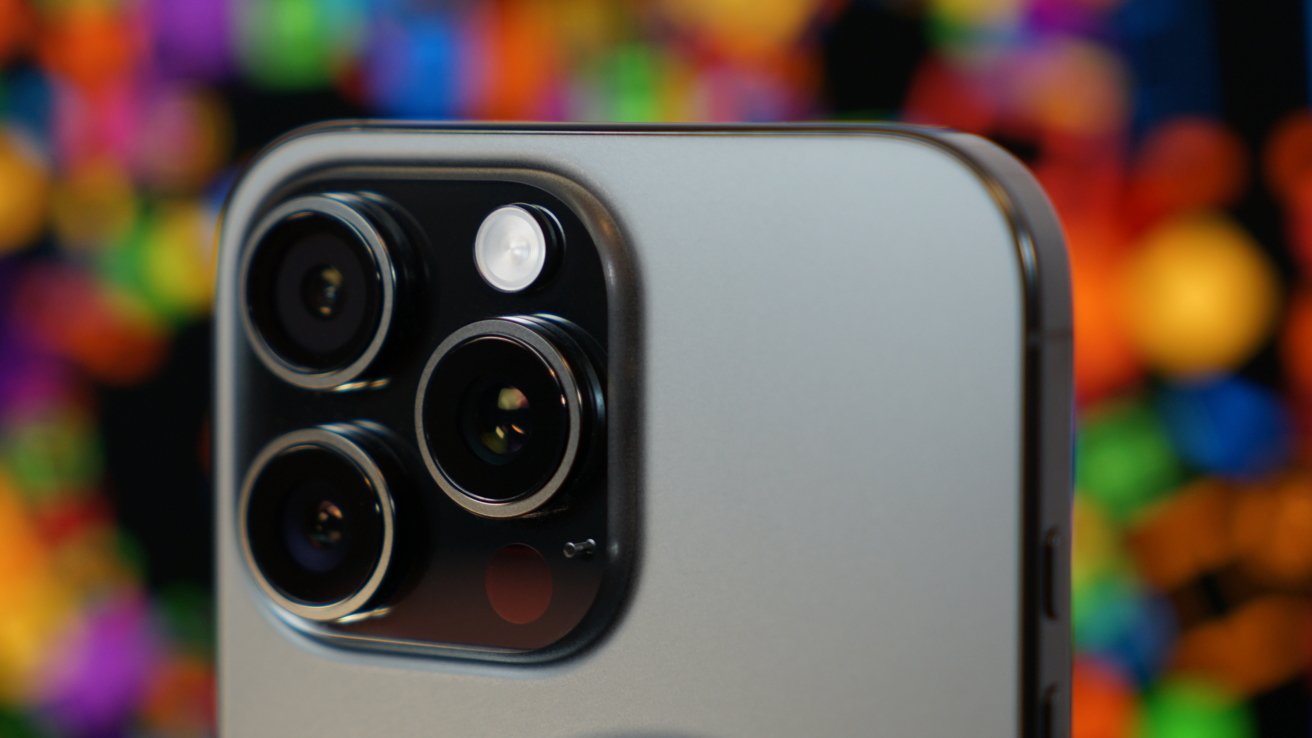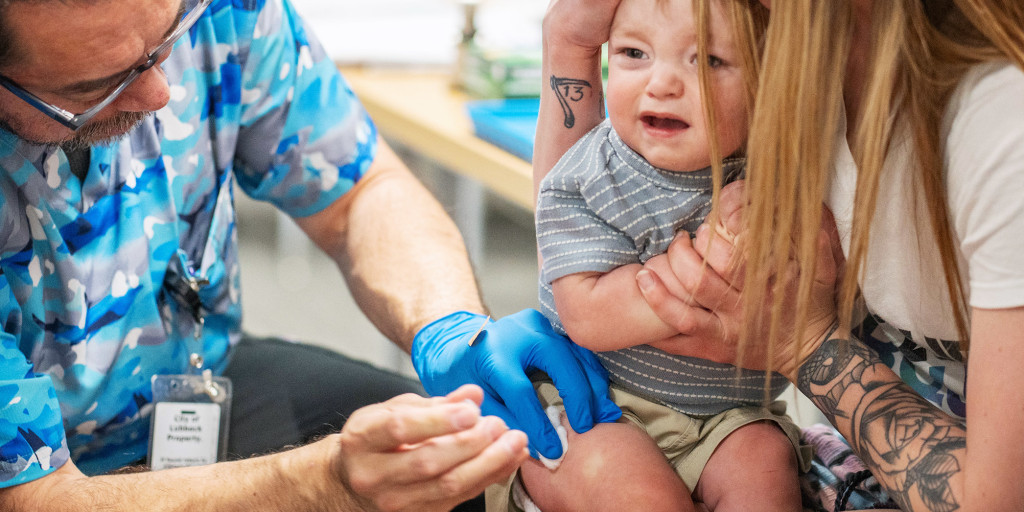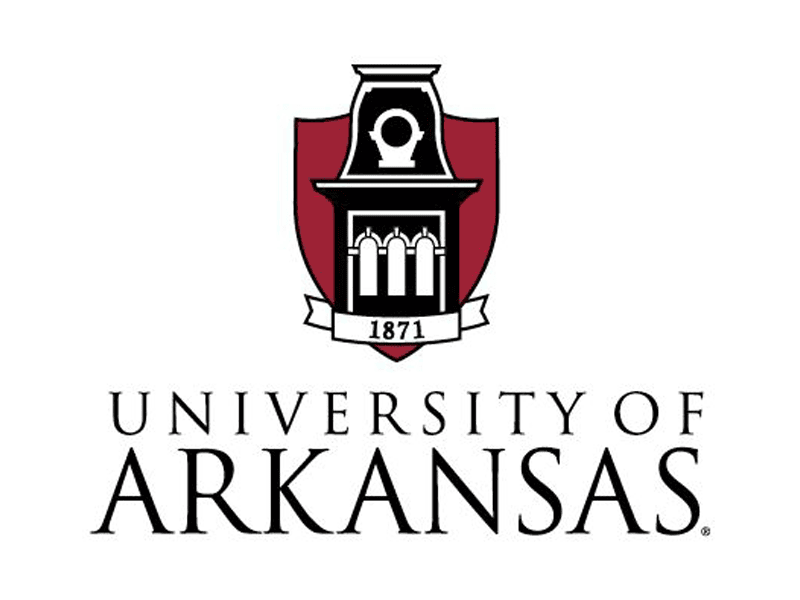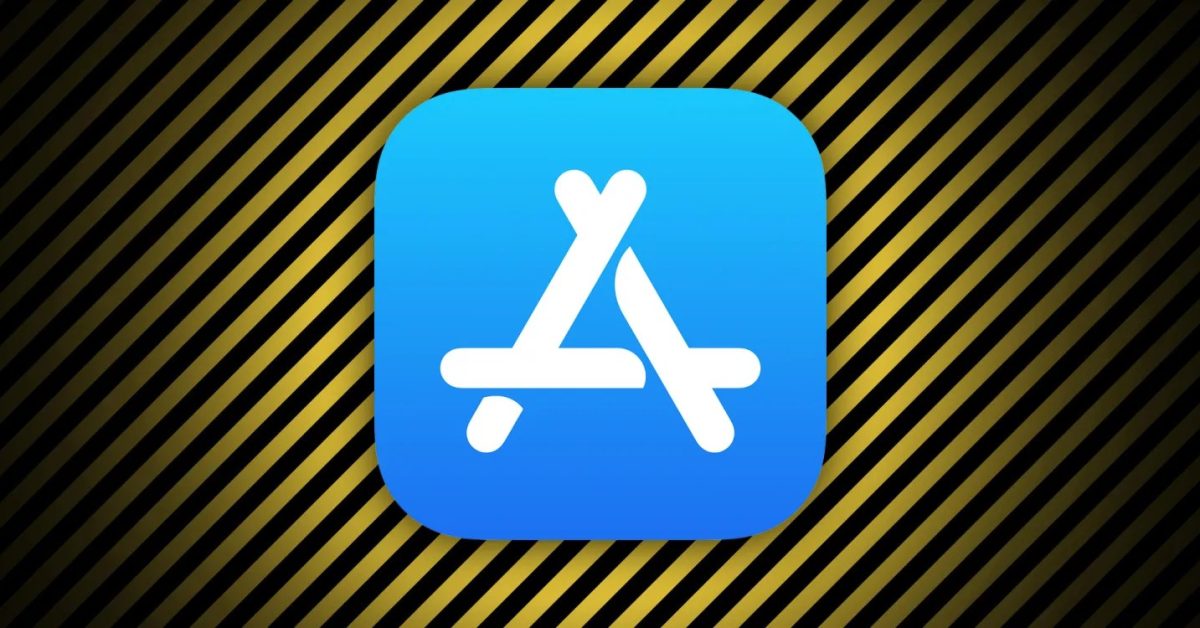
Urban Hustle: How MidTown Entrepreneurs Are Redefining Business Success
Celebrating America's Entrepreneurial Spirit: National Small Business Week
Every year, the United States takes a moment to honor the backbone of our economy: small businesses. National Small Business Week is a vibrant celebration that recognizes the incredible entrepreneurs who drive innovation, create jobs, and fuel local communities across the nation.
The Heart of American Economic Innovation
Small businesses are more than just economic entities; they are the dreams and passions of hardworking individuals who dare to transform their visions into reality. From family-owned restaurants to cutting-edge tech startups, these enterprises represent the true essence of American entrepreneurship.
Why Small Businesses Matter
- Create approximately 64% of new jobs in the United States
- Drive local economic growth and community development
- Foster innovation and unique solutions to market challenges
- Provide personalized services and strengthen community connections
Celebrating Resilience and Achievement
National Small Business Week is not just a celebration, but a powerful platform to highlight the challenges and triumphs of small business owners. It offers networking opportunities, educational resources, and recognition for those who have demonstrated exceptional entrepreneurial spirit.
Supporting Small Business Success
During this special week, government agencies, local organizations, and business communities come together to provide resources, workshops, and support to help small businesses thrive in an ever-changing economic landscape.
Whether you're an entrepreneur, a supporter of local businesses, or simply appreciate the innovation they bring, National Small Business Week is a time to recognize and celebrate the incredible impact of small businesses on our national economy and community fabric.









